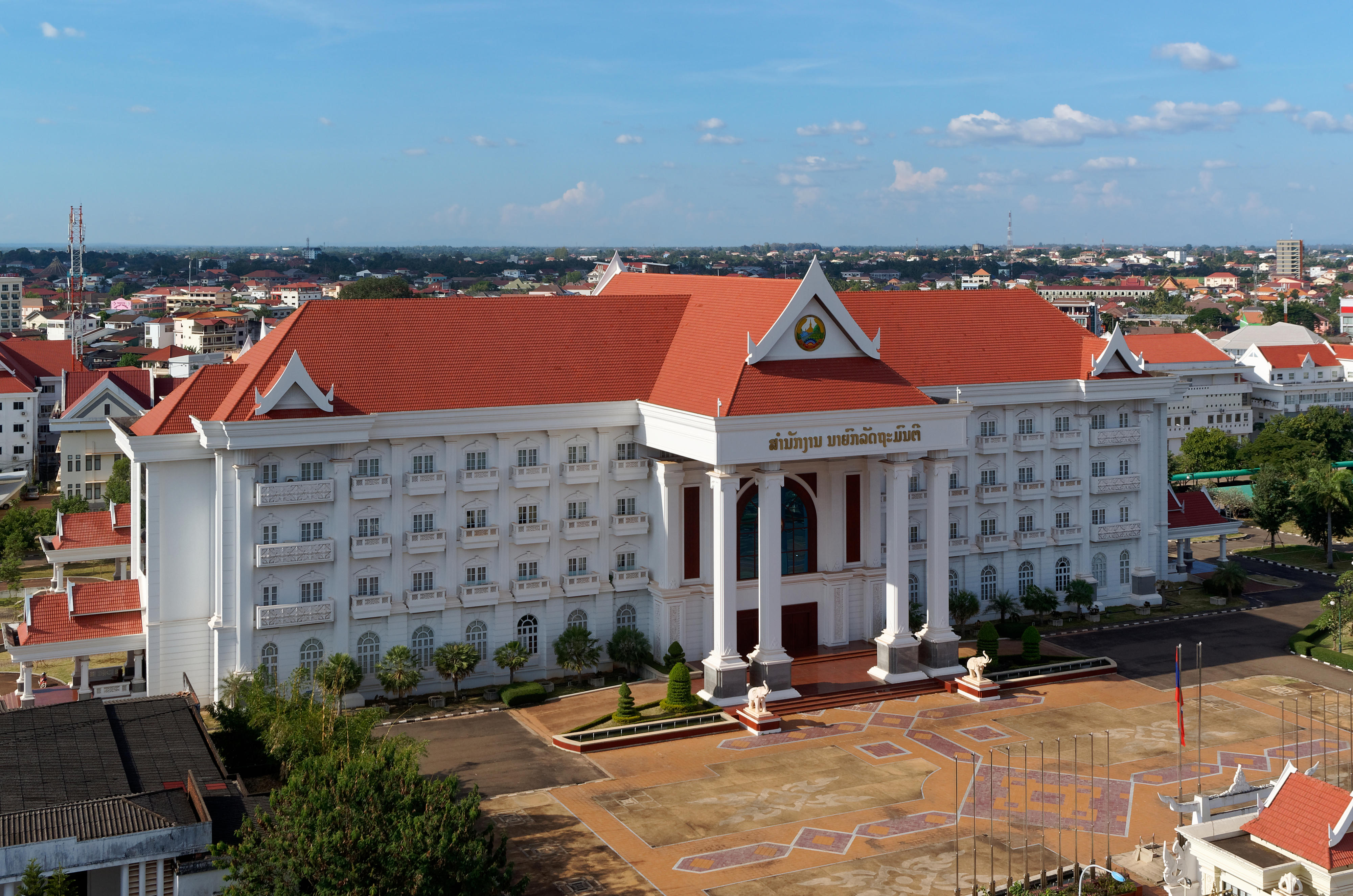Political situation Significant progress on development, but deficits with regard to governance
There are no independent monitoring mechanisms to protect human rights.
In view of the current economic crisis (see also Economic situation), the government wants to reduce public debt levels, boost exports, counter corruption, reduce the country's dependence on the extractive sector, and create more job opportunities. It also seeks to improve access to basic public services, especially in the fields of education and health.
Pervasive corruption
One of the great challenges which the government is facing is the modernisation of the governance system. The political and administrative system is characterised by limited capacity. When reforms are launched, they usually fail in the implementation stage.
While the government has made some initial strides in the fight against corruption, this phenomenon nonetheless continues to affect nearly all areas of public life. On the Corruption Perceptions Index compiled by Transparency International, Laos ranked 126th out of the 180 countries evaluated in 2022.
2021–2025 Development Plan
In March 2021, the National Assembly adopted the 9th Five-Year National Socio-Economic Development Plan (NSEDP (External link)). It covers the period of 2021 to 2025 and has been aligned with the Sustainable Development Goals (SDGs) of the 2030 Agenda. Notwithstanding the very tight budget situation, the government wants to achieve major breakthroughs in four areas: creativity, human resource development, improvement of administrative and regulatory mechanisms, and poverty alleviation.
It is the declared goal of the Lao government to enable the country to graduate from the group of least developed countries (LDCs). During its regular review of the LDC list in 2021, the United Nations concluded that Laos had a good chance of graduating from the group. The UN recommended the following important steps, among others, for the five-year transition phase: strong debt relief, a sustainable structural transformation and economic diversification, reduction of rural/urban and other inequalities, and restoration and preservation of natural resources.
Consequences of the war can still be felt
One problem that affects the country to this day is mines and unexploded ordnance from the Viet Nam war. While Laos was officially neutral during the war, supply routes for the communist Viet Cong passed through the country, and as a result Laos was bombed by the United States. To this date, parts of the country – especially in the east – have not yet been fully cleared of ordinance. Every year, people are killed or severely injured as a result.
As at: 15/02/2023
